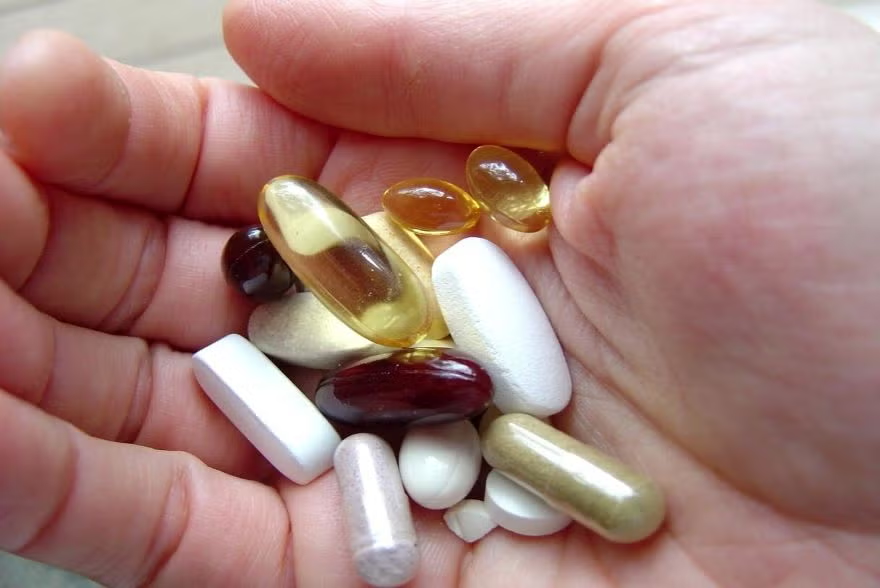
Healthy aging dietary supplements have been a hot topic as of late. With influencers like Dr. Peter Attia and Dr. David Sinclair discussing compounds that can help not only with healthy aging but with quality of life, many people are getting their hands on these ingredients. N-acetyl cysteine is one of these interesting and commonly discussed compounds. NAC supplements are the acetylated form of L-cysteine, a conditional or semi-essential amino acid. It is semi-essential because the body can synthesize it from serine and methionine (two other amino acids). Mechanistically, NAC is a commonly used antioxidant that also has anti-inflammatory properties and increases glutathione levels in the body. It does this by binding to glutamine and glycine to form glutathione [1].
WHAT DOES NAC DO IN THE BODY?
Glutathione is the body’s master antioxidant and aids in many important processes including protecting cells against oxidative stress-induced cellular damage [2]. Keeping this oxidative stress in check is a necessary part of maintaining good health. Glutathione also helps the body maintain immune health. One main function NAC performs is to help the body replenish these glutathione levels.
WHAT ARE THE BENEFITS OF NAC SUPPLEMENTATION?
There are many benefits to supplementing with appropriate doses of NAC and with the guidance of a healthcare practitioner. As mentioned previously, NAC supports the production and availability of glutathione, one of the body’s main antioxidants. Antioxidants are necessary to human health because of their role in helping neutralize free radicals which can ultimately do damage to cells and tissues. Protecting against these damaging free radicals is also important for the maintenance of immune health. NAC has the ability to upregulate glutathione synthesis, which aids in the liver’s detoxification pathways [3]. Liver function and the ability to detox efficiently are important for health and longevity. Reducing oxidative damage is beneficial overall for human health to maintain healthy inflammation levels and immunity.
CAN YOU GET NAC FROM FOOD?
NAC is the supplement form of cysteine, therefore it cannot be found in food but cysteine itself is present in certain foods. Some of the foods that include cysteine are: chicken, turkey, cheese, eggs, yogurt, legumes and sunflower seeds.
References:
1. Zhitkovich A. N-Acetylcysteine: Antioxidant, Aldehyde Scavenger, and More. Chem Res Toxicol. 2019.
2. Homma T, Fujii J. Application of Glutathione. Curr Drug Metab. 2015
3. Kasperczyk S, et al. The administration of N-acetylcysteine reduces oxidative stress and regulates glutathione metabolism in the blood cells of workers exposed to lead. Clin Toxicol (Phila.) 2013.







